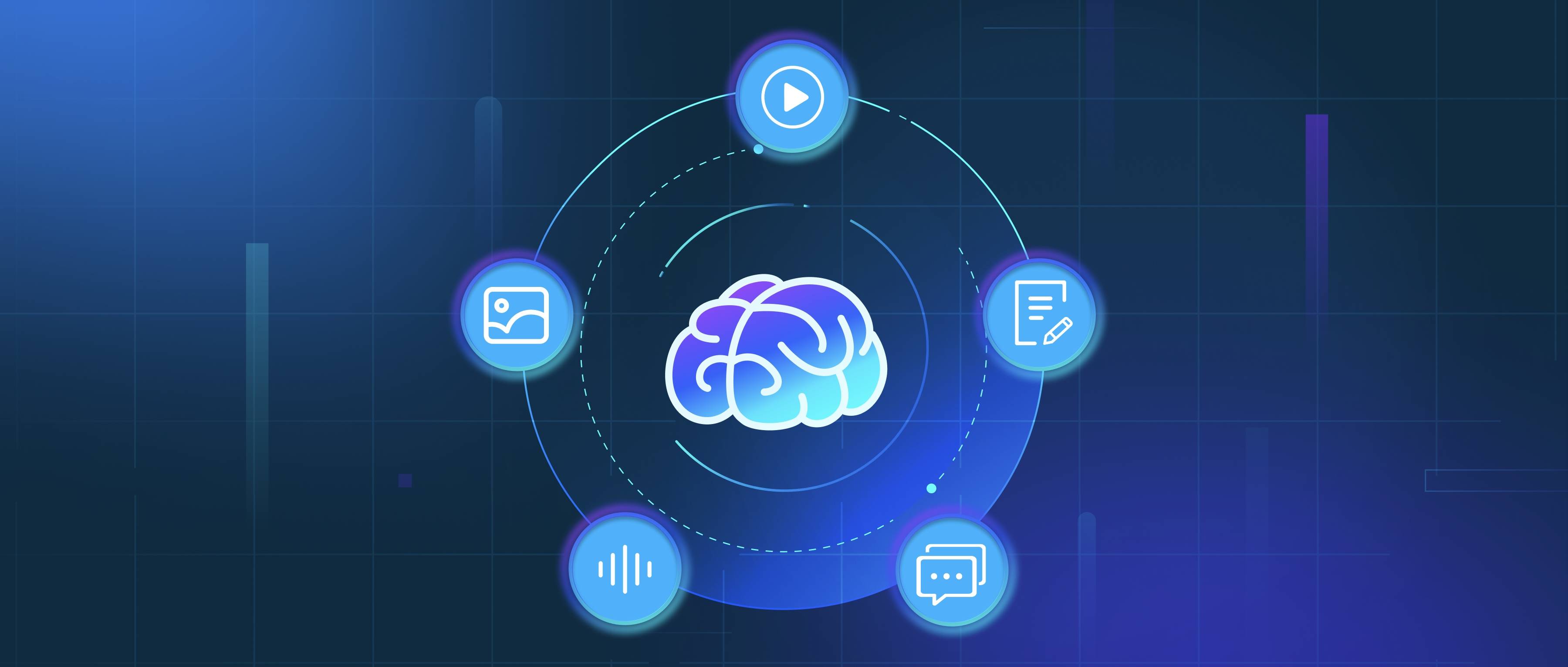1. Data Scarcity and Quality Building TTS systems for non-English languages often faces limited training data. High-quality TTS requires extensive audio recordings paired with accurate transcripts, which are scarce for low-resource languages. For example, languages like Basque or Nepali may lack publicly available datasets, forcing developers to collect data from scratch—a costly and time-consuming process. Even when data exists, it might lack diversity in speakers, dialects, or contexts. Additionally, tonal languages (e.g., Thai, Yoruba) require precise pitch annotations, which are harder to capture without specialized tools or linguistic expertise. Noise in recordings or inconsistent transcriptions further degrade model performance, leading to unnatural or error-prone speech output.
2. Linguistic Complexity Non-English languages often have unique phonetic, syntactic, or orthographic rules that challenge TTS systems. For instance, agglutinative languages like Hungarian or Turkish use long compound words formed by adding suffixes, complicating text normalization and grapheme-to-phoneme conversion. Tonal languages (e.g., Mandarin, Zulu) require modeling pitch variations that directly affect word meaning, which English-centric models aren’t designed to handle. Writing systems also pose hurdles: Arabic’s right-to-left script and context-dependent letter shapes demand preprocessing, while languages with diacritics (e.g., Vietnamese, Arabic) risk mispronunciation if marks are ignored. Grammar structures, such as verb-final order in Japanese, can disrupt prosody prediction, leading to unnatural pauses or stress patterns.
3. Cultural and Evaluation Challenges TTS systems must adapt to cultural nuances, such as regional dialects, politeness levels, or code-switching (mixing languages in speech). For example, Indian English often blends Hindi phrases, requiring models to switch pronunciation rules dynamically. Subjective evaluation by native speakers is critical but resource-intensive, especially for languages without established benchmarks. Dialectal diversity complicates testing—a system trained on Egyptian Arabic might fail with Moroccan Arabic. Additionally, synthesizing expressive or emotional speech requires capturing language-specific social norms, like formality in Korean honorifics. Without addressing these factors, TTS output may sound technically correct but culturally inappropriate or alien to users.
